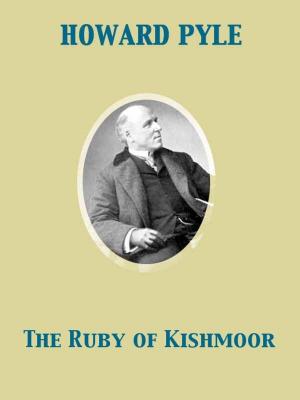| Author: | Louis Antoine Fauvelet de Bourrienne | ISBN: | 9782819949053 |
| Publisher: | Release Date: November 27, 2011 | Publication: | November 27, 2011 |
| Imprint: | pubOne.info | Language: | English |
| Author: | Louis Antoine Fauvelet de Bourrienne |
| ISBN: | 9782819949053 |
| Publisher: | Release Date: November 27, 2011 |
| Publication: | November 27, 2011 |
| Imprint: | pubOne.info |
| Language: | English |
Clavier and Hemart— Singular Proposal of Corvisart-M. Desmaisons— Project of influencing the judges— Visit to the Tuileries— Rapp in attendance— Long conversation with the Emperor— His opinion on the trial of Moreau— English assassins and Mr. Fox— Complaints against the English Government— Bonaparte and Lacuee— Affectionate behaviour— Arrest of Pichegru— Method employed by the First Consul to discover his presence in Paris— Character of Moreau— Measures of Bonaparte regarding him— Lauriston sent to the Temple— Silence respecting the Duc d'Enghien— Napoleon's opinion of Moreau and Georges— Admiration of Georges— Offers of employment and dismissal— Recital of former vexations— Audience of the Empress— Melancholy forebodings— What Bonaparte said concerning himself— Marks of kindness.
Clavier and Hemart— Singular Proposal of Corvisart-M. Desmaisons— Project of influencing the judges— Visit to the Tuileries— Rapp in attendance— Long conversation with the Emperor— His opinion on the trial of Moreau— English assassins and Mr. Fox— Complaints against the English Government— Bonaparte and Lacuee— Affectionate behaviour— Arrest of Pichegru— Method employed by the First Consul to discover his presence in Paris— Character of Moreau— Measures of Bonaparte regarding him— Lauriston sent to the Temple— Silence respecting the Duc d'Enghien— Napoleon's opinion of Moreau and Georges— Admiration of Georges— Offers of employment and dismissal— Recital of former vexations— Audience of the Empress— Melancholy forebodings— What Bonaparte said concerning himself— Marks of kindness.















